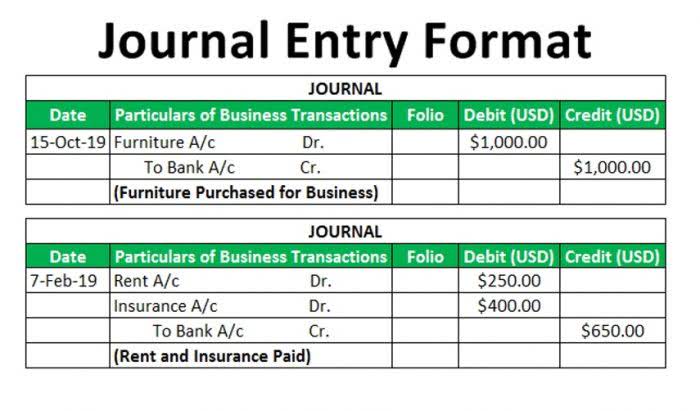
It can also affect the firm’s internal morale, as staff may become increasingly frustrated by the chaos caused by financial mismanagement. A chaotic financial environment can hinder effective decision-making and strategic law firm bookkeeping planning, ultimately affecting the firm’s growth and sustainability. When employees are preoccupied with addressing financial discrepancies, their ability to focus on client matters and deliver exceptional legal services diminishes. Additionally, keep your financial records in check by syncing to a system for accounting for law firms like QuickBooks Online.

Financial KPIs Allow You to Monitor and Readjust
- Law firms must not only track income and expenditures meticulously but also provide detailed accountings for client funds held in trust.
- Primarily, law firms must comply with the American Bar Association (ABA) Model Rules of Professional Conduct, which outline the obligation of attorneys to safeguard client funds and maintain proper financial records.
- Professional bookkeepers can analyze financial trends, helping firms identify cost-saving opportunities and areas for investment.
- As a result, attorneys often find themselves making several common mistakes again and again.
- They must be acutely aware of the ethical obligations surrounding the safekeeping of client funds, including proper documentation, timely disbursement of funds, and ensuring that these accounts are never commingled with personal funds.
Such tools often come equipped with features like automated billing, expense tracking, detailed reporting capabilities, and even client communication portals, enabling lawyers to save time and significantly reduce the risk of errors. By automating routine financial tasks, solo practitioners can focus more on their legal work and less on administrative duties. Additionally, investing in continued education—whether through workshops, online courses, or webinars—can empower solo practitioners with essential skills in financial management.
Don’t borrow money from an IOLTA
This technology not only reduces the risk of human error but also enhances client petty cash trust by providing transparent insights into their funds’ status. By utilizing such software, firms can ensure that they have a reliable and efficient system in place for managing trust accounts. These advanced solutions not only enhance operational efficiency but also empower financial decision-makers within the firm to leverage data for strategic planning and profitability analyses. By harnessing the power of technology, firms can gain insights into their financial health and make informed decisions that drive growth. Utilizing financial management software tailored specifically for small law firms can greatly streamline the bookkeeping process for solo practitioners.
Law Firm Accounting

As a fully customizable legal accounting software platform, QuickBooks lets you manage retainers based on your state’s specific IOTLA programs rules. When you take funds out of your business for personal use, it can either be classified as a capital withdrawal or as a payment for salary. Having a bookkeeping and accounting system in place will ensure that the payments to yourself are recorded appropriately as salary. As an attorney, you’re aware that when you receive money that belongs to a client, you must place those funds in a trust account separate from your own money.

Our Simple 3-Step Process
Additionally, investing in ongoing education about financial management can empower employees at all levels to take ownership of their roles within the firm’s financial framework, enhancing overall efficiency. Establishing best practices for time and billing bookkeeping within law firms is crucial, not only for ensuring regulatory compliance but also for fostering a culture of accountability and transparency among legal professionals. One foundational practice is to create a consistent https://www.bookstime.com/ framework for recording time entries. It is essential to encourage attorneys to log their time daily, rather than postponing this task until the end of the week or month.


